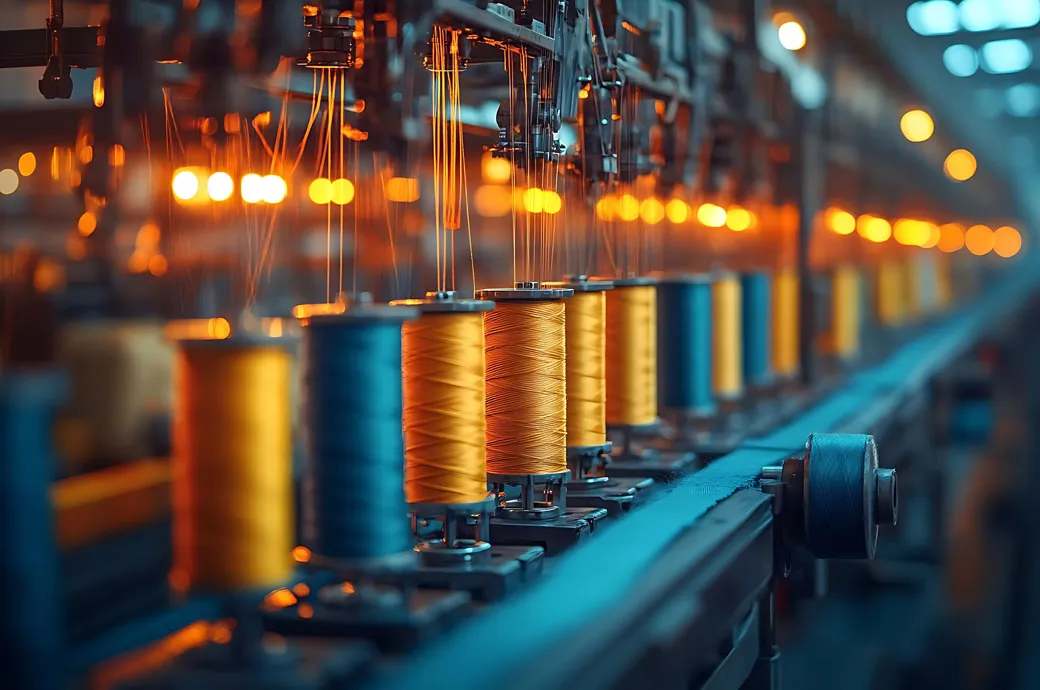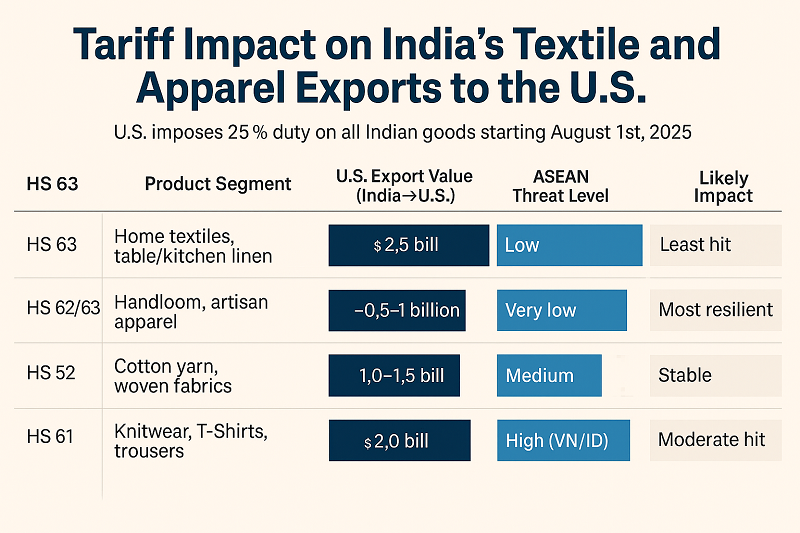India and Japan are working to boost their textile trade and investment, leveraging the existing India-Japan CEPA (Comprehensive Economic Partnership Agreement) signed in 2011. This agreement aims to reduce trade barriers and make Indian exports more competitive in the Japanese market.
According to data from the UNCOM Trade database, India's textile and apparel exports to Japan totaled $354 million in 2024, while Japan's total imports from the world were a substantial $30.87 billion.
Recently, a high-level Indian delegation invited major Japanese textile companies to invest in India. The focus was on opportunities within the PM MITRA parks, which offer modern, integrated, ‘plug-and-play’ textile infrastructure. The invitation extended to companies involved in apparel, machinery, technical textiles, and fabric processing.
To further support its textile sector, the Indian government is implementing several key initiatives including the PM MITRA Parks Scheme and the Production Linked Incentive (PLI) Scheme that encourages large-scale produciton of MMF fabrics, MMF apparel, and technical textiles.
Additionally, the Ministry of Textiles has formed an ESG (Environment, Social, and Governance) Taskforce to help the Indian textile industry transition to more sustainable and resource-efficient production models.
In a move to enhance quality standards, Japan’s Association for Overseas Technical Cooperation and Sustainable Partnerships (AOTS), led by the Ministry of Economy, Trade and Industry (METI), is providing training on the Japanese System of Quality Evaluation. This training is being conducted for technical officers from the Textiles Committee in major Indian export hubs such as Mumbai, Kolkata, Jaipur, and Tirupur.












